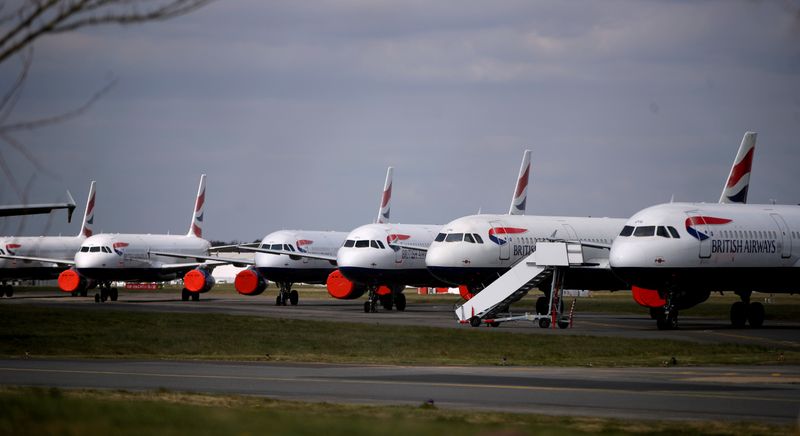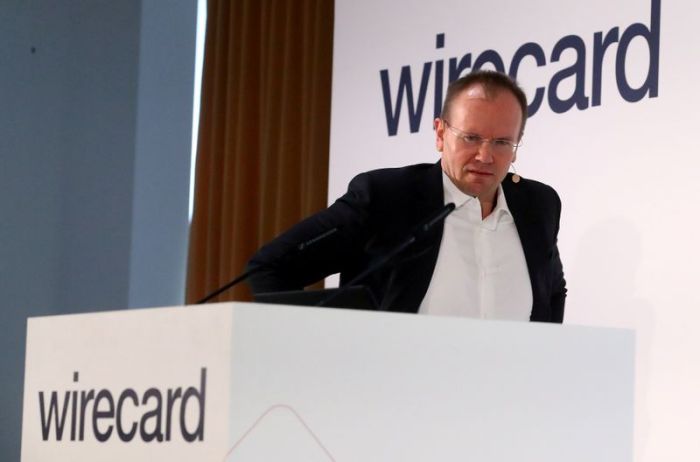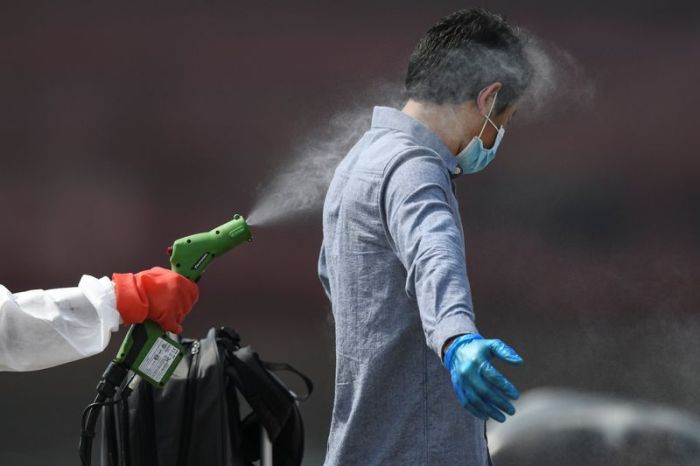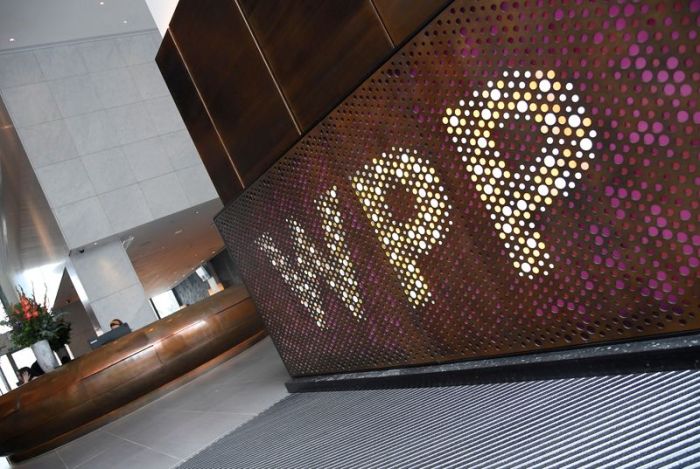LONDON (Reuters) – A plan to axe up to 12,000 jobs at IAG’s British Airways underlines CEO Willie Walsh’s desire to survive what is expected to be aviation’s worst downturn without a state bailout.
Walsh, a former pilot and industry veteran, is betting that once the coronavirus crisis is over, IAG <ICAG.L> will be better positioned than rivals which might be beholden to political masters after turning to governments to see them through.
IAG, which also owns Aer Lingus, Iberia and Vueling, has reaped the rewards of past cost cutting that many competitors have struggled to match. But given the scale of the latest job cuts, Walsh could face challenges from politicians and unions.
“They were a stronger airline going in to this crisis, they want to be even stronger going out,” Davy analyst Stephen Furlong said after IAG on Tuesday revealed that BA could make about a quarter of its 42,000 staff redundant.
BA also forecast passenger numbers would take years to recover with no end in sight to draconian travel restrictions which have brought flying to a near-halt.
While this has left many airlines begging governments for bailouts, IAG’s strong balance sheet, described by one analyst as a “fortress”, means it can afford a longer flying hiatus than many rivals and has not yet had to seek a rescue.
BA said on Tuesday there was “no government bailout standing by” and to cope with potentially months of disruption, Walsh believes IAG needs to cut costs as far as possible.
IAG’s CEO has earned the nickname “slasher Walsh” by dragging airlines into the modern age of budget flying, usually by cutting costs and taking on labour unions,
He had been due to retire in March, but decided to stay on when the crisis struck.
Competitors such as Franco-Dutch group Air France-KLM <AIRF.PA> and Germany’s Lufthansa <LHAG.DE> were already struggling to cut costs as much as IAG even before they sought bailouts from their governments.
With their rescue packages set to increase state influence, they may find it even harder to compete with a lean IAG.
On the other side of the Atlantic, U.S. airlines American Airlines Group Inc <AAL.O>, United Airlines Holdings Inc <UAL.O> and Delta Air Lines Inc <DAL.N> are all being helped by a $25 billion government rescue package.
LIQUIDITY
IAG said on Tuesday it had liquidity of 9.5 billion euros ($10.3 billion). That compares with Lufthansa’s 5.1 billion euros and Air France-KLM’s 6 billion, Bernstein analysts said.
“(This) gives some reassurance to investors that IAG will be one of the survivors and possible long-term beneficiaries of this current crisis,” Goodbody analyst Mark Simpson said.
Lufthansa said on Tuesday it could seek some form of protection from creditors while talking to the German government about a 9 billion euro rescue, while Air France-KLM has been buoyed by a 7 billion euro state-backed package from France, with another 2.4 billion pledged by the Dutch.
IAG is targeting BA, which has 42,000 employees, rather than its other airlines because it has the highest costs in the group, Davy’s Furlong said.
The BA job cuts, which are subject to union consultation, are one of a number of steps to drive down costs. IAG has already cancelled its dividend, extended credit facilities and used government furlough schemes to help pay staff.
It could also choose to access coronavirus-related government lending schemes.
BA’s staff include 16,500 cabin crew and 3,900 pilots and an internal memo seen by Reuters said it is proposing to “significantly reduce” cabin crew numbers and create one team.
This could help save costs by ending some contracts with longer-serving staff who earn more.
Unite the Union, Britain’s largest union representing cabin crew, called on BA to withdraw the redundancy notices and work with the government on a rescue package, adding that announcing job losses when some staff were furloughed was “immoral”.
“UK taxpayers have not handed over their money to BA for it to embark on an opportunistic course of slashing jobs,” Unite general secretary Len McCluskey said in a statement.
IAG shares were up 3.6% at 1440 GMT, having lost almost two-thirds of their value over the past three months.
($1 = 0.9218 euros)
(Reporting by Sarah Young; additional reporting by Josephine Mason and Laurence Frost; Editing by Louise Heavens, Mark Potter and Alexander Smith)























